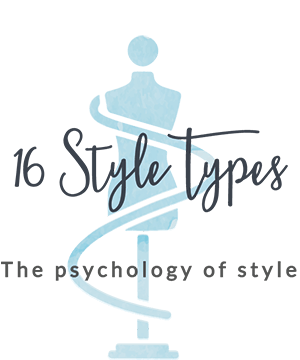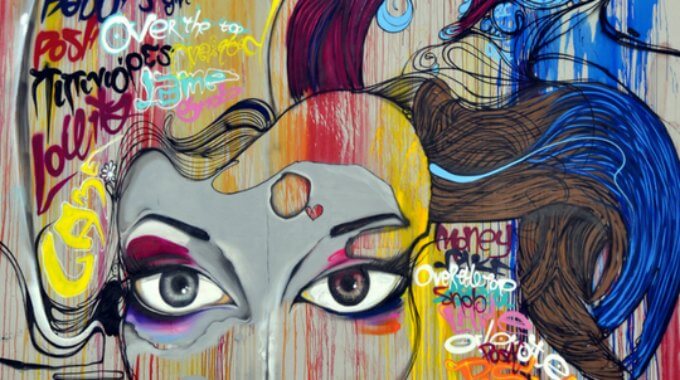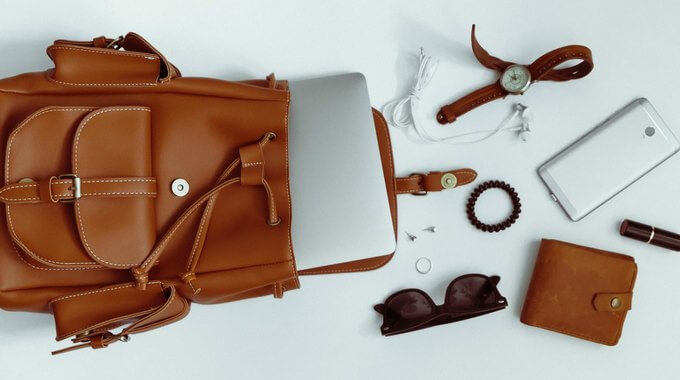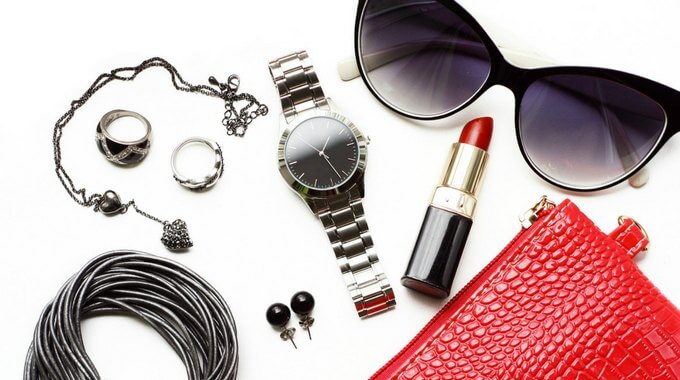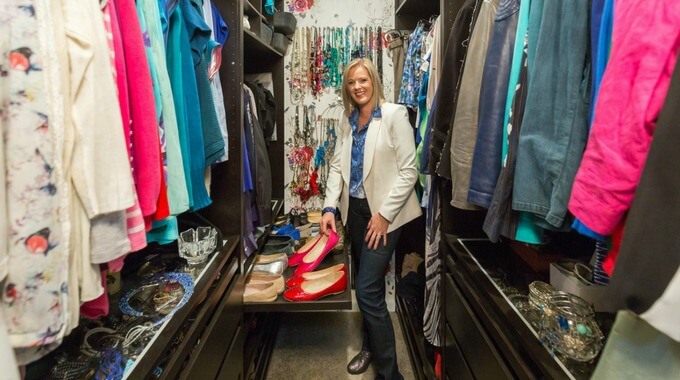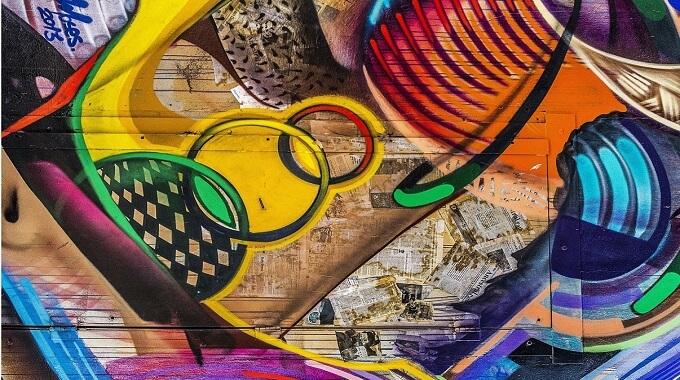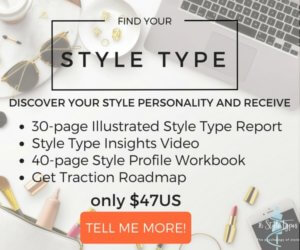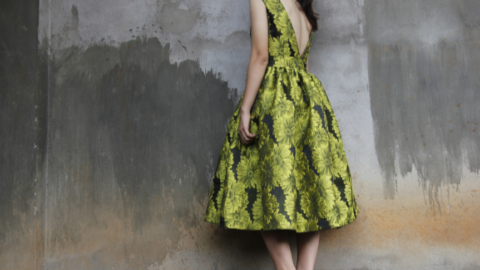Soon after learning about your own personality preferences, a fairly common occurrence is to start noticing — more quickly and more astutely – the differences in other people’s behavior. You can start to pick up on differences, often very stark differences, in how other people approach things.
And we can start to become annoyed, dismayed, frustrated, flummoxed, confused, and bamboozled by how other people “do life” – it can seem like they are a creature from another planet, they are just so, well, different to you!
Here’s some examples we hear:
- People with my personality type are often described as having trouble with time management. I just think other people are too uptight.
- I have friends who don’t seem to have any sense of interpersonal niceties. They just seem rude to me!
- I work with someone who is always bogged down in the detail. Why can’t they see the bigger picture?
These and an almost infinite number of observations, complaints and frustrations are common when we ‘bump up against’ other people who are very different to us.
The list of behaviors, choices, communication style, relationship needs and ways of being that can confuse us, frustrate us, or drive us stark raving bonkers, is seemingly endless!
Can Personality Be Used As An Excuse for Bad Behavior?
Part of the answer lies in the question. What exactly is “bad” behavior? It’s interesting to pause and simply reflect on that question and see what answers come up for you. What is “bad” behavior to you may be perfectly acceptable and ‘normal’ for me. And vice versa.
Most people believe that their behavior is either is normal and natural, or there’s a Very Good Reason for it (if they have some notion it isn’t the way everybody else necessarily behaves – a level of self-awareness not everybody enjoys).
So it can be tricky territory to navigate: to learn what behaviors are acceptable to you but troublesome to others… then deciding what to do about that. It may come down to how important other people and particular circumstances are to you, and whether adapting your approach and behavior is “worth it” to you.
Certainly awareness precedes choice, so the first step is to become more aware of how your behavior impacts others. We are all impacting other people, whether we want to or not, whether we are aware of it or not.
What we do know is that your personality type does not “cause” any behavior. Our personality preferences represent particular patterns in how we perceive and decide on information, and our behavior can flow from that. But it doesn’t “cause” behavior and should never be used to excuse behavior others find difficult, although it can be a useful point to start exploring the impact you have on those around you, and the results and outcomes you are encountering.
As we mature, we learn what is appropriate, helpful, effective, and expected in different situations. We gain conscious control over our behavior.
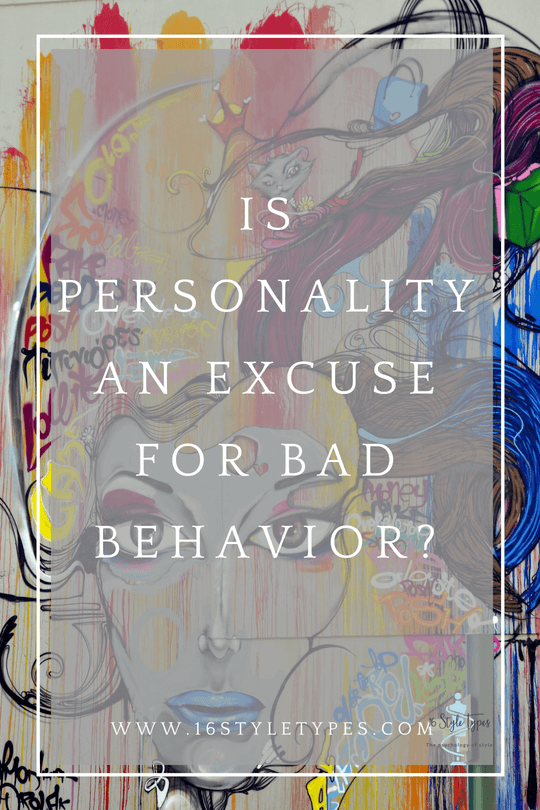
Personality Type Isn’t Destiny
Personality type isn’t destiny. It isn’t prescriptive. It isn’t static.
What it represents is a road map for lifelong discovery and development, tuning us in earlier to areas where we need to consciously put in place strategies to flourish and be effective in important areas of our life.This concept of conscious control has been in used in various applications and it certainly applies here:
Constructive conscious control involves many things, not least becoming aware of our subconsciously learned habitual approaches so that we can assess the implications of these early behaviors and habits. We can then replace them with consciously learned habits if necessary, that do not interfere with our general functioning and vitality but rather enhance it.
The Blame Game
Here’s a few examples we’ve heard over the years of people erroneously and sometimes inadvertently ‘blaming’ their behaviour on their personality type:
- Oh I am never on time because I am a P (Perceiving preference) – P’s are never on time!
- I don’t often think to say ‘I’m sorry’ or ‘Thank you’ because I’m a T (Thinking preference) – everybody knows T’s don’t do the “soft” stuff.
- I could talk the hind leg off a dog – I’m an E (Extraversion preference) – we can’t help but talk and talk and talk!
Whilst those statements may represent where a person starts off in their journey of self-discovery using psychological type as their torch, it isn’t a great way to continue that journey. To continue to believe that your personality preferences gives you license to behave in ways that are unacceptable to other people is not what CG Jung had in mind when he described Psychological Type – which is intended as a tool for personal growth and development.
So no: Blaming your personality type preferences is never acceptable as an excuse for inexcusable behavior.
Self-Awareness and Growth
We are all responsible for developing our self-awareness. And from there we can make informed choices about which behaviors we wish to develop and what kind of person we want to be. We have the ability to grow and to adapt our behaviors, in ways that are acceptable to us of course, that don’t make us feel we have turned completely into another person or that are too much of a compromise of important principles or values, to suit the people and circumstances of our life.
This is part of what CG Jung had in mind when describing and writing extensively about Psychological Type, which he intended as a lifelong tool of self-discovery.
Here’s an example of how someone with a preference for iNtuition — big picture first, not details — may exercise conscious control and develop a healthy way of working with her preferences:
“Saying “Well of course I lose track of my car in big parking lots- I’m an iNtuitive” doesn’t work. iNtution doesn’t cause you to lose your car. However, learning something like this would be a good idea: “iNtuition means I see the big picture first and often have to consciously concentrate to track important details. So for example when I shop at the Mall of America, I always park on the second level near Nordstrom so that I won’t forget where I’ve left my car…”
Each one of us, no matter which of the 16 types we prefer, has the option to learn more about our blind spots, as well as our strengths. We have the option to develop effective behaviors and strategies to shine light into those spaces where our awareness and/or capabilities aren’t as well developed.
Who Are You? Issues of Identity

